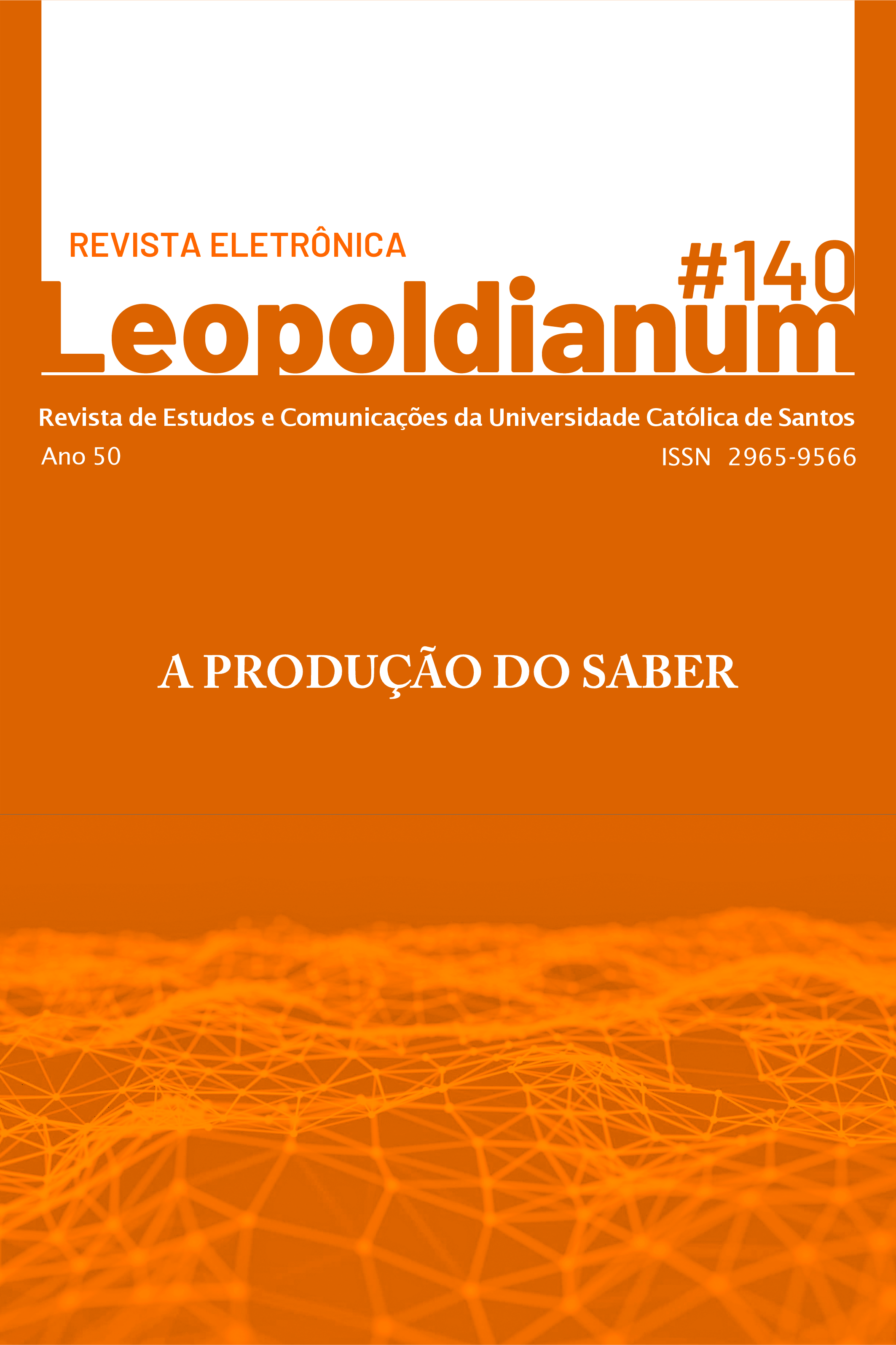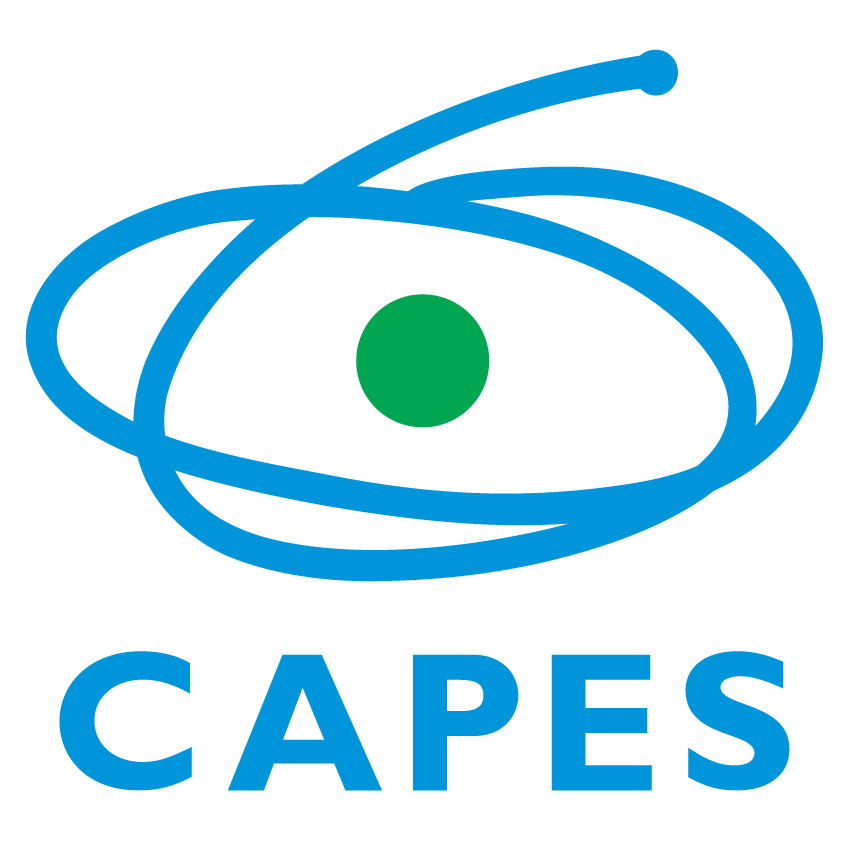ÁGUA VIRTUAL: “COMODITIZAÇÃO” E PERSPECTIVA DA ORGANIZAÇÃO MUNDIAL DO COMÉRCIO (OMC)
DOI:
https://doi.org/10.58422/releo2024.e1454Resumo
Este artigo analisa as implicações do uso e comércio da "água virtual" em um contexto global. A água, transcendendo limites físicos e políticos, assume importância econômica, social e ambiental. O estudo foca na (não) regulamentação internacional do uso da água virtual e impactos em nações com diferentes níveis de disponibilidade hídrica. Examina ainda a transformação da água em commodity, suas vantagens e riscos. Ainda, é analisado o tratamento da água virtual pela OMC, explorando interpretações divergentes do GATT. O estudo considera perspectivas legais, econômicas e ambientais, diante da singularidade desse recurso vital. A pesquisa contribui para uma compreensão abrangente das complexidades da gestão e comércio da água virtual.
Downloads
Publicado
Edição
Seção
Licença

Este trabalho está licenciado sob uma licença Creative Commons Attribution 4.0 International License.
A Revista Eletrônica Leopoldianum - Revista de Estudos e Comunicações da Universidade Católica de Santos (ISSN: 2965-9566) é detentora dos direitos autorais de todos os artigos publicados por ela. A reprodução total dos textos em outras publicações, ou para qualquer outro fim, por quaisquer meios, requer autorização por escrito do editor. Reproduções parciais de artigos (resumo, abstract, mais de 500 palavras de texto, tabelas, figuras e outras ilustrações) deverão ter permissão por escrito do editor e dos autores.












